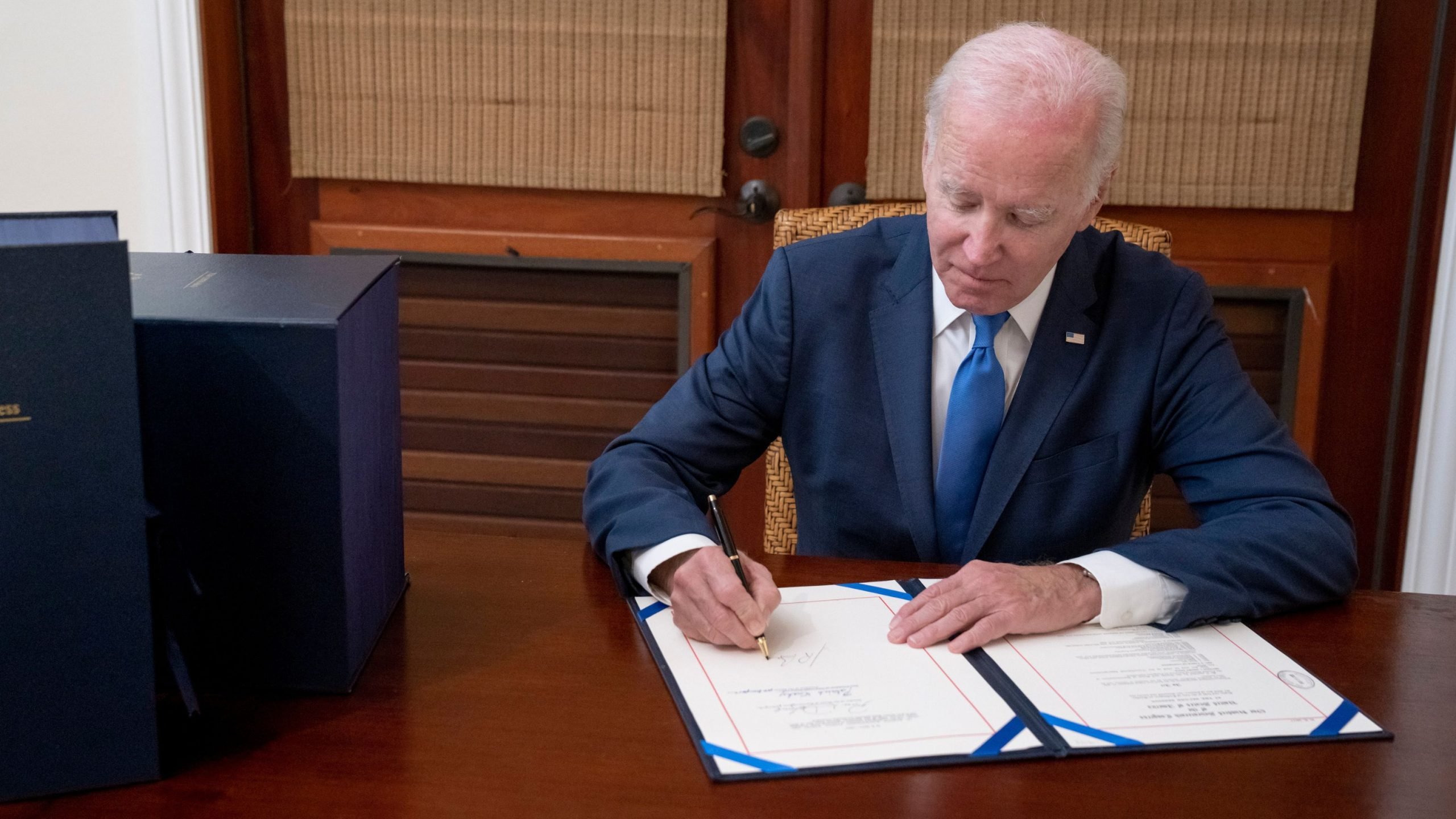The Biden-Harris administration used its last days in office to issue a flurry of executive orders, including one that promotes, among other things, digital ID and mobile driver’s licenses.
These are covered in what is described as the sweeping order that deals with cybercrime and identity fraud, and while pushing for implementing digital ID schemes on those in need of accessing public services, the promise is made that this will come with strong security and privacy measures.
We obtained a copy of the order for you here.
Not for nothing, considering that these are two key objections that opponents of expanding digital ID programs always bring up, along with centralization of personal data presenting a serious risk of wider and more sophisticated mass state surveillance.
It is the executive order’s section 5 that deals with combating cybercrime and fraud, stating that the purpose it to help fight identity theft, in the public benefits programs scenario.
To this end, the Biden White House “strongly encourages” allowing the use of digital IDs (like mobile driver’s licenses) to access these programs, and mentions that this should incorporate broad access for vulnerable populations, privacy, data minimization, and interoperability.
Federal agencies are at the same time “encouraged” to seek ways to fund state-level efforts to develop and issue mobile driver’s licenses.
The National Institute of Standards and Technology (NIST) has 270 days to come up with guidance regarding the order’s declared goal of preventing surveillance specifically by those issuing the ID (this doesn’t explicitly exclude various other agencies, however), third parties, and device manufacturers.
The “sprawling” nature of the order itself is reflected in the system necessary for digital ID systems to function, and that is building trust frameworks and interoperability by standardizing across vast technological spaces that include software and devices.
France’s defense and aerospace giant Thales’ North America branch is one of the corporations that are happy with the order, with VP Tyson Moler suggesting to US legislators that the digital ID push should have bipartisan support.
Moler also predicted that the adoption of mobile driver’s licenses – which appear to have been chosen as the easiest of documents to switch into digital format first – will only continue to grow.










